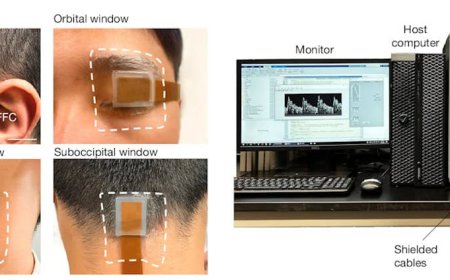Heart disease calculator; It will bring a new level in cardiovascular treatment

Recently, people suffering from heart failure, heart attack, stroke, aneurysm, peripheral artery disease, sudden cardiac arrest are seen regularly. Almost everyone knows about heart disease. It is very rare that a person with heart disease will not be found with a little searching. The rate of heart diseases is increasing day by day in such a way that most of the young and old are well aware about it. Heart disease is also called cardiovascular disease.
Many times, due to lack of early warning and misdiagnosis of these cardiovascular diseases, many face immediate death. Cardiovascular disease is the leading cause of death worldwide except in Africa. It is estimated that up to 90% of cardiovascular disease is preventable.
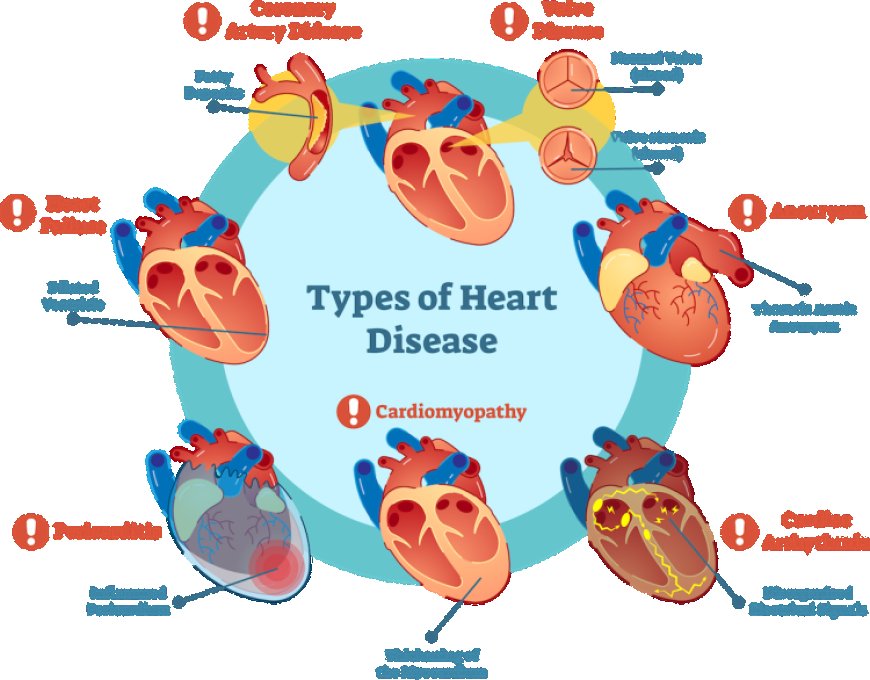

Cardiovascular disease is a leading cause of death worldwide. In the field of medicine, experts have come up with a new device through which it is possible to more accurately identify the possibilities of disease and develop a primary prevention system.
Through research, experts have discovered a new device known as QR4. It can identify high-risk patients by providing more accurate information about a person's ten-year risk of cardiovascular diseases such as heart disease and stroke. Information that is likely to be omitted by the tools currently in use. It is a cardiovascular risk prediction tool. It was created using health data from over 16 million adults in the UK.
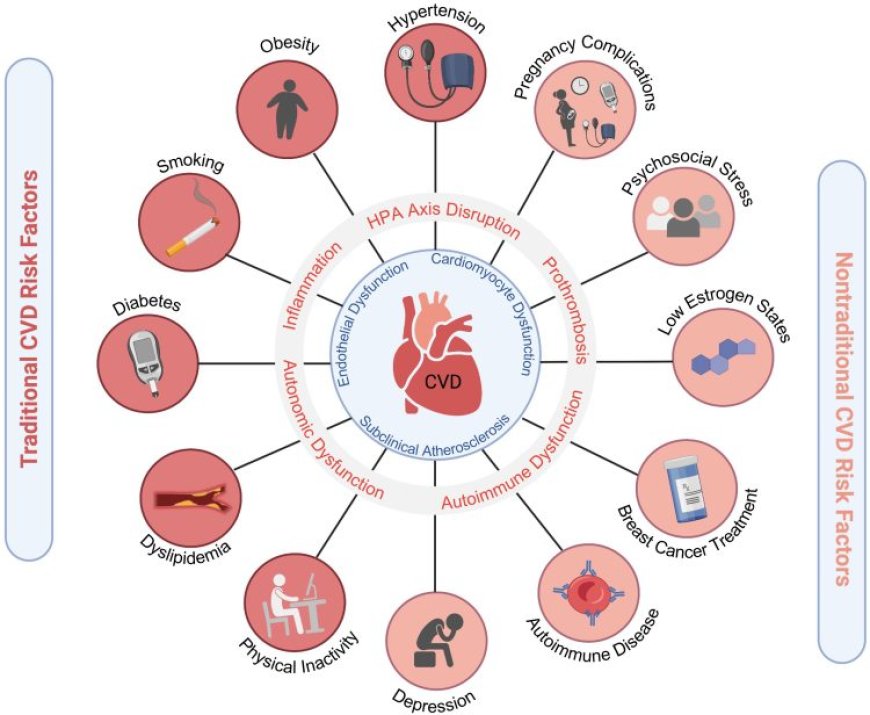
The research was recently published in Nature Medicine and was led by experts from the University of Oxford and co-led by Dr Carol Coupland, Professor of Primary Care Medical Statistics at the University of Nottingham's School of Medicine.
QR4 can also be considered a calculator of sorts as it calculates a cardiovascular disease probability score. Uses patient health data, such as blood pressure, age and medical history, to predict the likelihood of cardiovascular disease in the next 10 years. It includes four new risk categories for all adults:
1) Chronic obstructive pulmonary disease or COPD (a chronic inflammatory lung disease that causes airflow obstruction in the lungs)
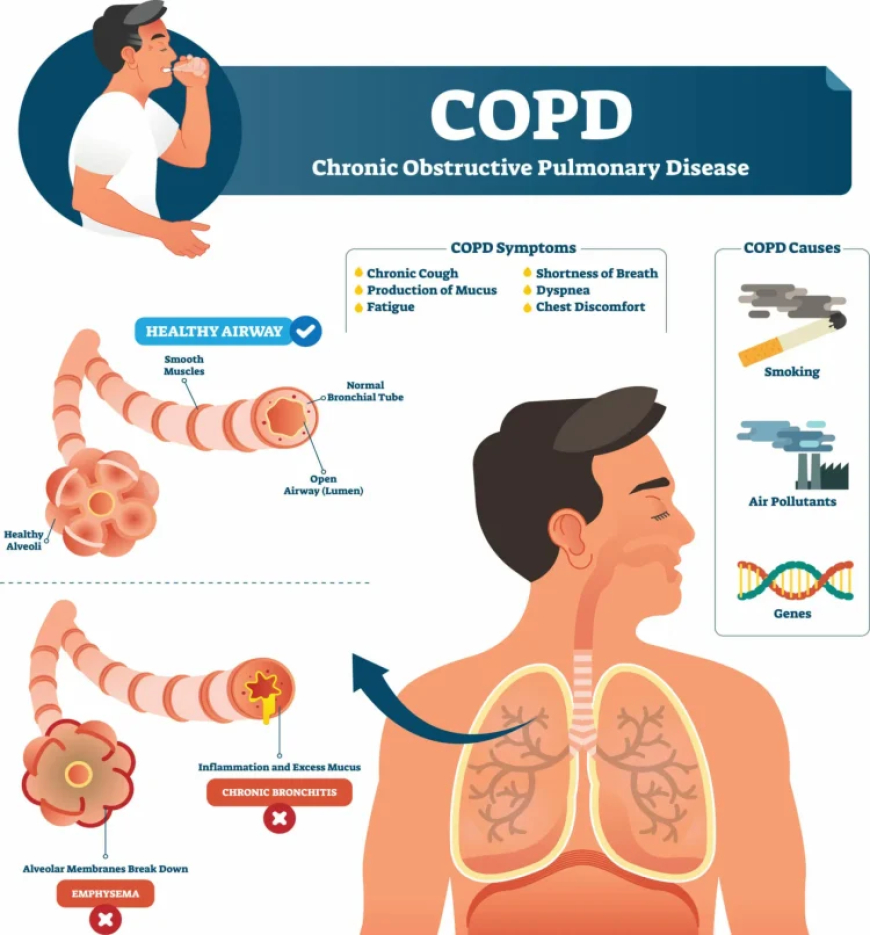
2. learning disability
3. Down syndrome (a genetic disorder in which there is an extra chromosome on chromosome 21. In this disorder, the child's physical growth is impaired and intelligence is below normal)
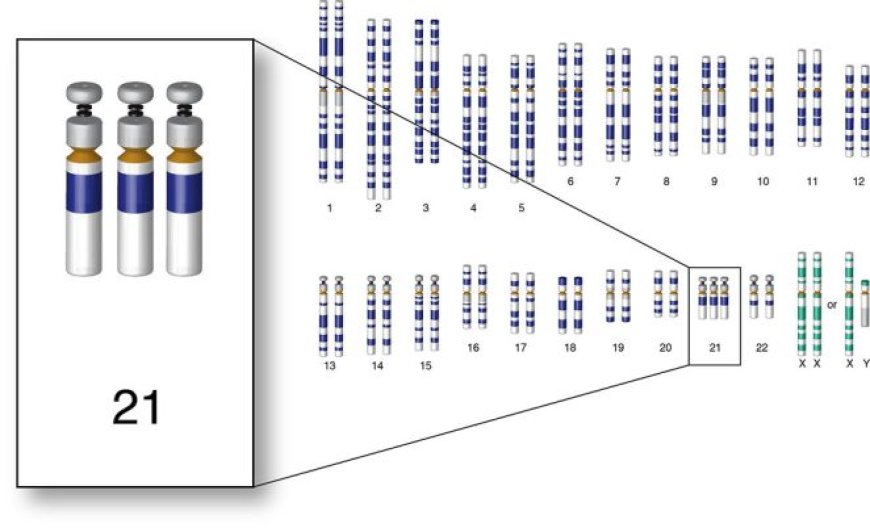
4. Four types of cancer (blood, lung, mouth and brain)
QR4 also identified factors that predict future cardiovascular disease in women, such as complications from high blood pressure during pregnancy and postpartum depression, pre-eclampsia (pregnancy-related complications that occur after 20 weeks of pregnancy or after childbirth. This often includes high blood pressure and concurrent protein found in urine).
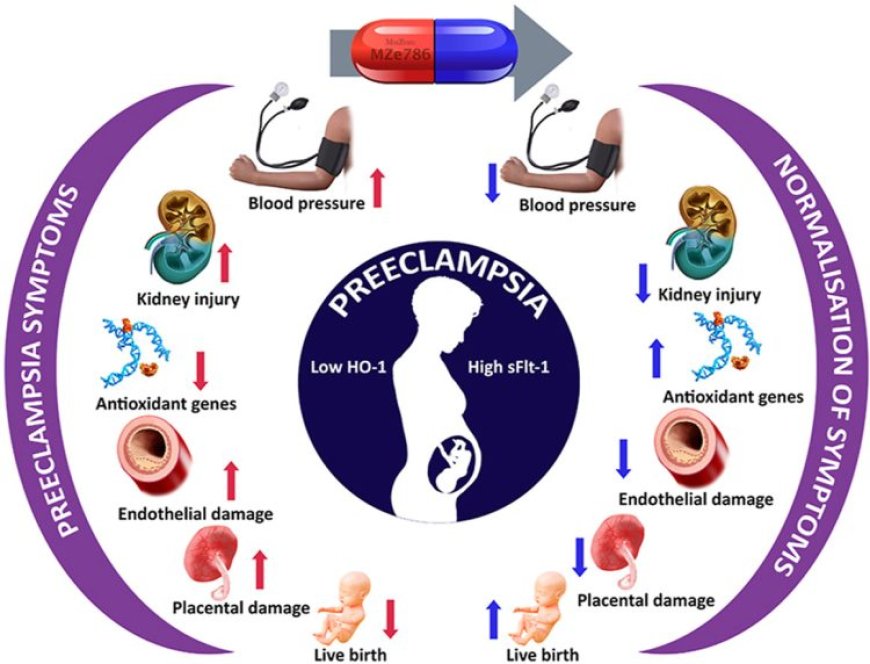
The main author of the study, Professor of Clinical Epidemiology and General Practice, Nuffield Department of Primary Care Health Sciences, University of Oxford. Julia Hippisley Cox says,
"Although smoking and high cholesterol are traditionally recognized as cardiovascular risk factors, and our latest research is still unclear, we are identifying risk indicators."
For example, conditions such as postpartum depression and Down syndrome contribute significantly to cardiovascular risk.
The algorithm for evaluating this new tool, called QR4, was rigorously tested against the most well-established cardiovascular risk assessment tools in both the United States and Europe. It outperformed many cardiovascular risk calculators, including the QRISK recommended by NICE in the US, to more accurately identify high-risk patients.
Keith Channon, BHF Professor of Cardiovascular Medicine at the University of Oxford, said:
"The new findings will help identify a wider variety of people at high cardiovascular risk, which will improve their treatment pathways."
Senior researcher at Oxford University and Professor of Medical Statistics in Primary Care at Nottingham University and co-author of the study. Carol Coupland says,
"The QR4 model will potentially set a new standard in gathering cardiovascular disease risk predictions."
Comparing QR4 with established models shows that QR4 provides more detailed results for each individual where risks are specified. Through this, the probability and pattern of the disease becomes more clear and its preventive measures can be improved. This creates a new milestone in establishing a more precise and safer treatment system.
Creates a new milestone in establishing a safe healthcare system.
It is expected to play an important role in improving the treatment of cardiovascular diseases.
Khalid Bin Walid / Own Correspondent
Source: Medical Express,Ox.Ac.UK, Nottingham. ac.uk, medicai.ox.ac.uk











































